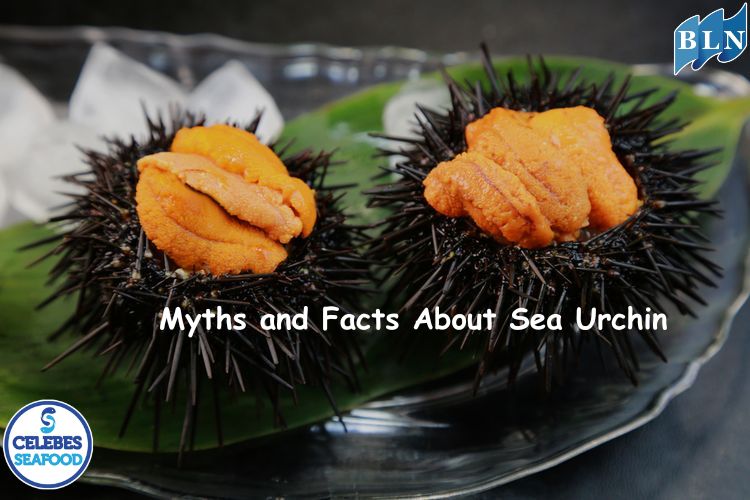5 Venomous Reef Fishes and their Venomous Adaptations
By. Nevanda - 07 Jul 2023
lautnusantara.com - There are several species of venomous reef fishes that you should be cautious of when exploring coral reefs or engaging in activities such as snorkeling or scuba diving. These fishes possess venomous spines or other toxic mechanisms that they use for defense. Here are a few examples of venomous reef fishes:
1. Lionfish (Pterois spp.)
Lionfish are known for their striking appearance with long, colorful spines. These spines contain venomous glands that can cause severe pain, swelling, and even paralysis if they penetrate the skin.
Read also: Let’s Make Some Salmon Burger with This Simple Recipe
2. Stonefish (Synanceia spp.)
Stonefish are masters of camouflage, blending in with their surroundings on the ocean floor. They have dorsal spines that are capable of delivering a potent venom. Stepping on a stonefish can result in excruciating pain, tissue damage, and sometimes even death if left untreated.
3. Scorpionfish (Scorpaenidae family)
Scorpionfish are another group of reef fishes with venomous spines. They have a variety of species, and their venom can cause intense pain, swelling, and in some cases, systemic symptoms.
Read also: Unleashing the Versatility of Crab Sticks in Your Kitchen
4. Pufferfish (Tetraodontidae family)
While not all pufferfish species are poisonous, certain species, like the infamous Japanese pufferfish known as fugu (Fugu rubripes), contain a potent neurotoxin called tetrodotoxin. The toxin is found in their internal organs, especially the liver and ovaries, and it can be lethal if ingested.
5. Surgeonfish (Acanthuridae family)
Some surgeonfish species have sharp, scalpel-like spines on their tails. While not as toxic as the venomous spines of lionfish or stonefish, a puncture wound from a surgeonfish spine can still cause pain, infection, and other complications.
It's important to note that while these fishes are considered dangerous, they typically don't pose a threat unless they feel threatened or provoked. It's best to admire these creatures from a safe distance and avoid touching them. If you're stung or injured by a poisonous reef fish, seek medical attention immediately.
Read also: 4 Simple Milkfish Dish Idea To Make At Home








